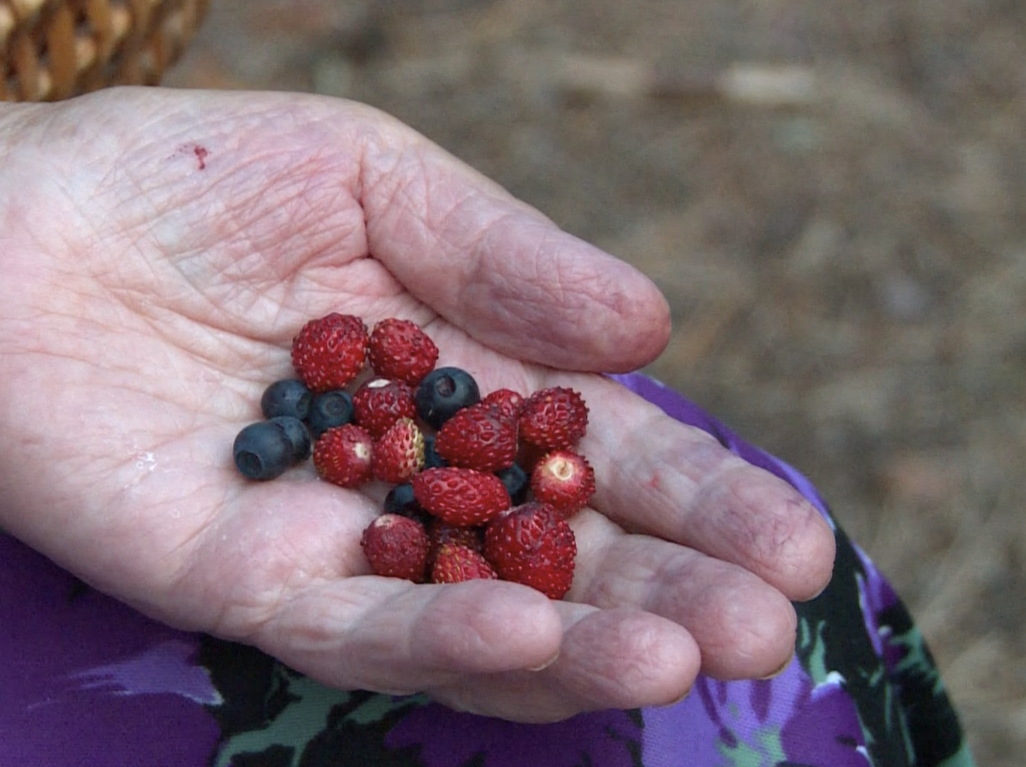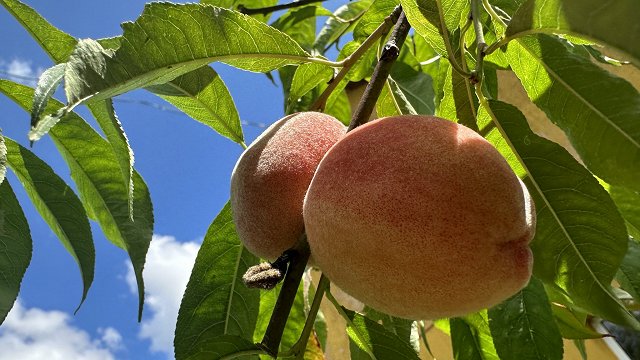“Sad. Anger at stupidity,” Gundega Sauškina, chairwoman of the board of fruit company SIA “Very Berry”, commented the government's decision to raise the VAT rate on produce to 12% from next year. “It's very right, as one experienced economist put it, that shadow economy is where a wrong tax policy is. We're still fighting to stay at 5%. We haven't put our hands down yet.”
Fruit and vegetable producers this week vigorously expressed their position to both President Edgars Rinkēvičs and members of the Saeima's Shadow Economy Combating Sub-Committee. After this meeting, there is a small ray of hope in the direction of the sector, as members of the sub-committee call on the Ministry of Finance to reconsider the possibility of maintaining the 5% VAT rate on fruit and vegetables.
Shadow economy risk
The reduced VAT rate of 5% for fruit and vegetables has been in force since 2018. Before that, fruit and vegetables were subject to 21% VAT. Sauškina remembers the time six years ago:
“If, with 21% VAT, the shadow economy was just huge for us, then now it's all turned to the bright side. To say now that imports have risen and we have somehow supported import production is all nonsense. Simply imports have been legalised. It's come out with those 5% because there's no point cheating there anymore. It has also been shown that there is a point of cheating is when VAT is above 7%. This means that with 12%, there will again be some interest in building a shadow economy.”
“Then everyone will be local. Then you'll see. The whole market will be full of locals. Again, the same as it was. Now it was finally like, you go and see that it's written that it's Polish berries. I myself had a case while there was 21% VAT that I went to the nighttime market and saw “Very Berry” blueberries there. In early July. I have no berries yet. How can I trade them? And when I ask the salesman, he takes the box quickly and hides it. Yes, we will eat all fruit and vegetables again, which will not be Latvian fruit and vegetables. And again, everything will be in the shadows.”
Similar stories about importing vegetables and fruits sold as local before the reduced VAT rate was applied were also known by Lāsma Bekina, chairman of the board of the vegetable grower SIA “Rītausma”.
“It was very common that our boxes from the previous season were used for imported vegetables. Import production was sold as our production. This declined noticeably,” she pointed out.
As another positive effect of a reduced VAT rate, Bekina cited a smoother movement and stability of money.
“If you raise the rate by 7 percentage points, our production, I'm talking about the industry right now, will become unattractive to the shopper in the store. It's because of the price. It can already be observed that imported products are significantly cheaper than those produced in Latvia,” Bekina explained, adding that the producer does not determine the final price.
When assessing the impact of the reduced VAT rate on the sector, the businesswoman urged to take into account local and global economic trends.
“The next thing is that both production costs and energy prices have gone up, the cost of transport services has gone up as well. The wage issue has not passed either. And against all this background, prices are expected to fall. For manufacturers, spending is increasing. Maintaining stores isn't a cheap event right now either. That's where money goes in electricity. Supermarkets can also be understood. Just hearing that the manufacturer sets the price is false,” Bekina stressed.
Juris Lazdiņš of the Farmers' Saeima said that discussions on raising the VAT rate for fruit and vegetables were not surprising because this issue comes up annually during budget formation.
“Every tax reduction in the Excel table appears as revenue foregone in the budget. Given that for a long time “Unity” has held the post of Prime Minister and Finance Minister, it is of course their direct task to protect the budget from various types of reliefs or omissions. Unfortunately, this issue is not addressed in the context of the economy or a particular sector. If we only work in excel tables, that is the result,” Lazdiņš said.
He stressed that the strategic plan and policy in the agricultural sector have been based on compromises in the last five years.
“It's a completely degrading measure. Again, if the industry makes it clear that the reduced interest rate that the shadow economy does not benefit from is 7%, then it is 7%, not 12%. Neither the state budget nor this industry is the beneficiary. How it will end if this agreement remains, we will see,” Lazdiņš continued.
Ministry of Finance (FM) Deputy Secretary of State for taxation Ilmārs Šņucins said that the decisions to temporarily reduce the VAT rate to 5% was not a decision of the current government or parliament. He emphasized that the reduced VAT rate must achieve certain objectives, but according to the Ministry of Finance, contrary to the Ministry of Agriculture, in recent years the rate of development of fruit and vegetable production has been slower than for agriculture as a whole. Šņucins explained that last year's reduced 5% VAT rate on fruit and vegetables gave the state budget €34 million.
“If it is 21% as of January 1,[..] then the VAT side address EUR 36 million extra. If there is an alternative – this 12%, then this budget plan should be reduced by EUR 16 million," said the FM representative.
Šņucins did not predict whether the industry would succeed in persuading Parliament and the reduced rate of 5% could continue to apply to fruit and vegetables.
Inguna Gulbe, head of agricultural market promotion at the Institute of Agroresources and Economics, lead researcher in evaluating the government's decision, said raising the VAT rate does not necessarily mean there will be a crisis in the sector, yet this government decision is a negative signal.
“Of course, it's very bad. The price will be affected. It can't help but affect it. It's hard for the industry, and it was kind of a bonus and a ray of hope that somebody understands them and somebody counts on them,“ Gulbe said.
She believes reduced VAT should be on all food: “As is the case across Europe. Then we may compare prices. It's a very unpleasant signal to the industry that all those who are up there absolutely don't care what happens to them: pay taxes and the rest doesn't interest us. ”
However, fruit and vegetable producers are not pessimistic and say the fight is not over yet.






























